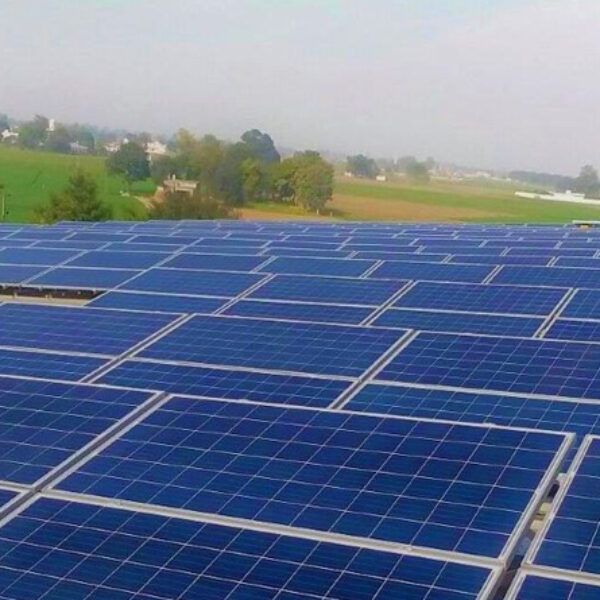Open access refers to allowing consumers to access power generated from renewable energy sources, such as solar, wind, and hydropower, without having to be tied to a specific electricity provider. This concept has gained momentum recently, especially in the solar power industry, which has been instrumental in promoting renewable energy sources. This blog will explore the advantages and challenges of open access in solar power consumption.

Exploring the advantages & challenges of open access in solar power consumption
What is open access and how does it Help with solar power consumption?
Advantages of open access in solar power consumption
The most significant advantage of open access in solar power consumption is that it empowers consumers to choose the energy source they want. This freedom to choose their source of electricity puts consumers in control of their energy bills. It allows them to choose renewable energy sources such as solar power, thereby reducing their carbon footprint—open access fosters competition among electricity providers, leading to better services, prices, and consumer incentives.
Another benefit of open access is that it promotes the use of renewable energy sources, which are sustainable and eco-friendly. Solar power, for instance, is a clean energy source that does not produce harmful emissions or pollutants that harm the environment. Open access to solar power makes it easier for consumers to switch to renewable energy sources, thereby reducing reliance on fossil fuels, which are finite and polluting.
In addition, open access to solar power offers several consumer benefits, including lower electricity costs, a more stable energy supply, and reliable backup power during blackouts or power outages. Furthermore, the distribution of solar power under open access is governed by law, which ensures transparency, fairness, and equal access to electricity for all.

Image source:mercomindia
Challenges of open access in solar power consumption
While open access has many advantages but poses several challenges for consumers and electricity providers, one of the main challenges is the high initial cost of setting up solar power systems, which can deter consumers from adopting this technology.
Additionally, solar power systems require significant space, making them impractical for some consumers who need more space.
Another challenge of open access is the intermittent nature of solar power, which depends on the availability of sunlight. This means that solar power is unreliable for consumers who require a constant and stable energy supply. Finally, there are challenges associated with integrating solar power into existing energy infrastructure, which requires significant investments in the power grid and other infrastructure.
What are the regulations for open access & renewable energy sources?
In India, open access regulations for renewable energy sources such as solar power are governed by the Electricity Act of 2003. This law allows consumers to purchase electricity from any source, including renewable energy sources such as solar power, without being tied to a specific electricity provider. However, the rules for open access to the electricity market in India vary by state, and consumers must comply with the regulations in their respective states.
What is the future of open access & renewable energy sources?
The future of open access and renewable energy sources in India is promising. The government has set ambitious targets for adopting renewable energy sources, such as solar power, aiming to achieve 175 GW of renewable energy capacity by 2022. This target is part of India’s commitment to the Paris Climate Agreement, which aims to limit global warming to well below 2 degrees Celsius.
In conclusion, open access to solar power consumption offers several advantages and challenges for consumers and electricity providers alike. The regulations for open access to renewable energy sources are governed by law, ensuring transparency and equal access to electricity. While there are challenges associated with open access, the future of renewable energy sources in India is promising, with solar power playing a crucial role in achieving sustainability through renewable resources.





